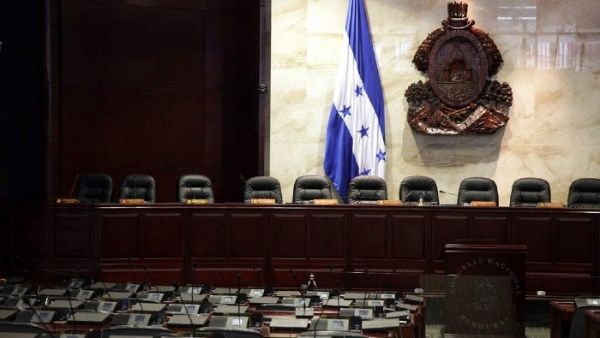
Honduras
CIVICUS Rating | Repressed
On February 2, Congress approved the creation of the International Commission Against Impunity in Honduras (CICIH in Spanish), under the advice of the UN, and authorized the signing of the corresponding agreement. The objective of President Xiomara Castro is that the mission will contribute to unveil the corruption network that was consolidated during the eight years of government of Juan Orlando Hernandez, who was arrested at his home on February 15. The arrest was the result of an extradition request from the United States, where the former president is accused of participating in a drug trafficking network. It should be recalled that his own brother is serving a life sentence there.
The CICIH has a precedent: the 2016 Mission of Support against Corruption and Impunity in Honduras (MACCIH in Spanish), which emerged from an agreement signed between the OAS and the then president, Juan Orlando Hernández. Its objective was to improve the quality of services provided by the country’s justice system in the interest of preventing, combating and investigating acts of corruption. However, in December 2019, the Chamber of Deputies put an end to its activities, accusing it of “having violated the independence of institutions.” Some of those who accompanied this decision were deputies under investigation for corruption cases.
The objectives in the fight against corruption, which were one of the themes of Castro’s campaign, were, however, overshadowed by the amnesty that the same law granted to political prisoners during the 2009 coup. From the ruling party, they declared that what is sought is to free people who were unjustly imprisoned for opposing the coup and defending the constitutional order. However, other sectors have described it as an “impunity pact”. The law has in fact caused tension in the government coalition itself and in particular in part of the Salvador Honduras Party, which declared that the text is “detrimental to the country’s institutionality”.
What is the law in question? An analysis presented by the National Anticorruption Council (CNA in Spanish) and the Honduran Council of Private Enterprise (COHEP in Spanish) indicates that the pardon would reach people prosecuted for 14 corruption crimes, in addition to 42 common crimes and one related to money laundering. In this regard, the head of the Specialized Prosecutor Unit against Corruption Networks, Luis Javier Santos, questioned the inclusion of crimes against public administration, such as illicit enrichment and embezzlement of public funds, according to Expediente Público.
A not minor fact is that the law was approved before the resolution of the crisis in the Congress which, at that time, still had two boards of directors. This situation could lead to a judicialization of the law.


